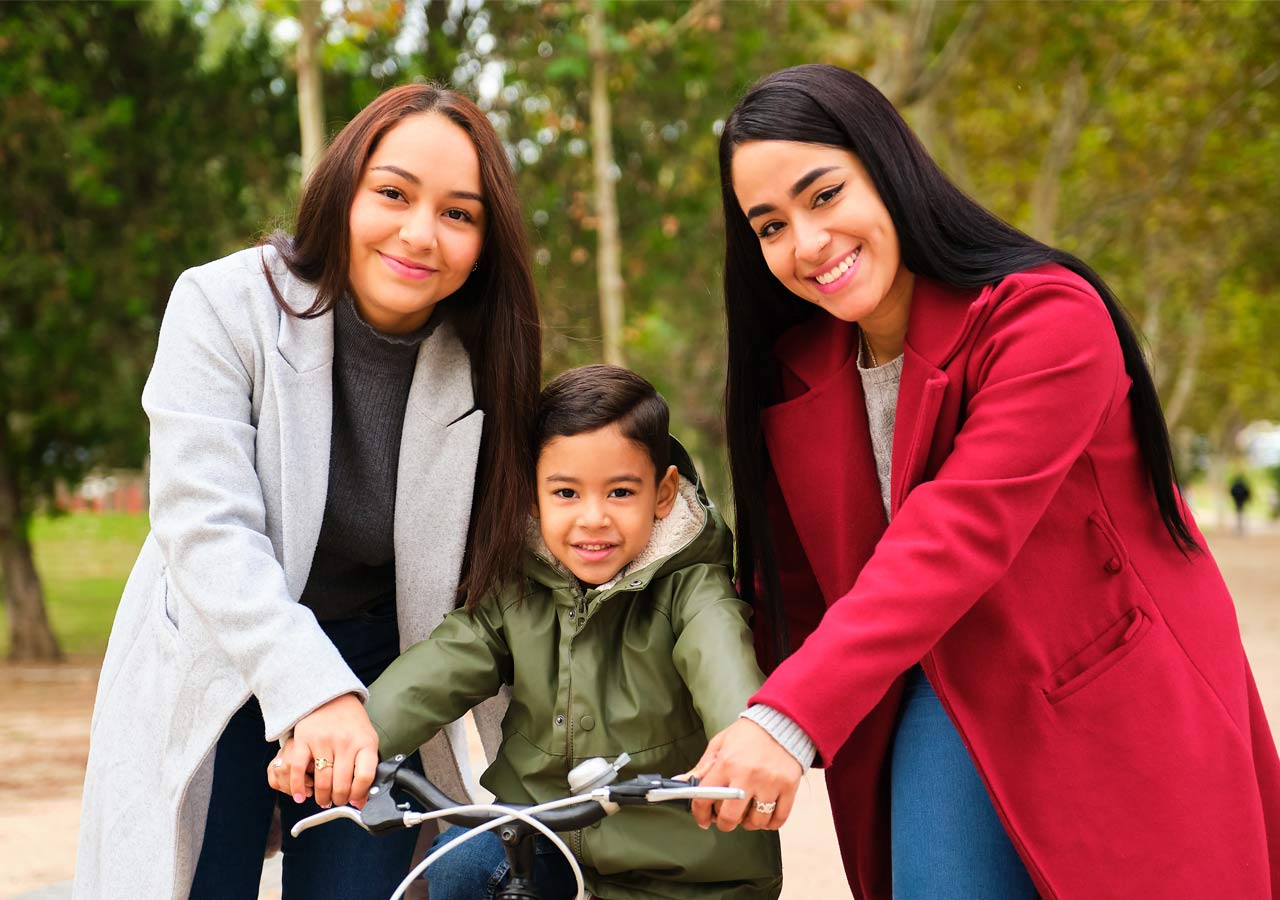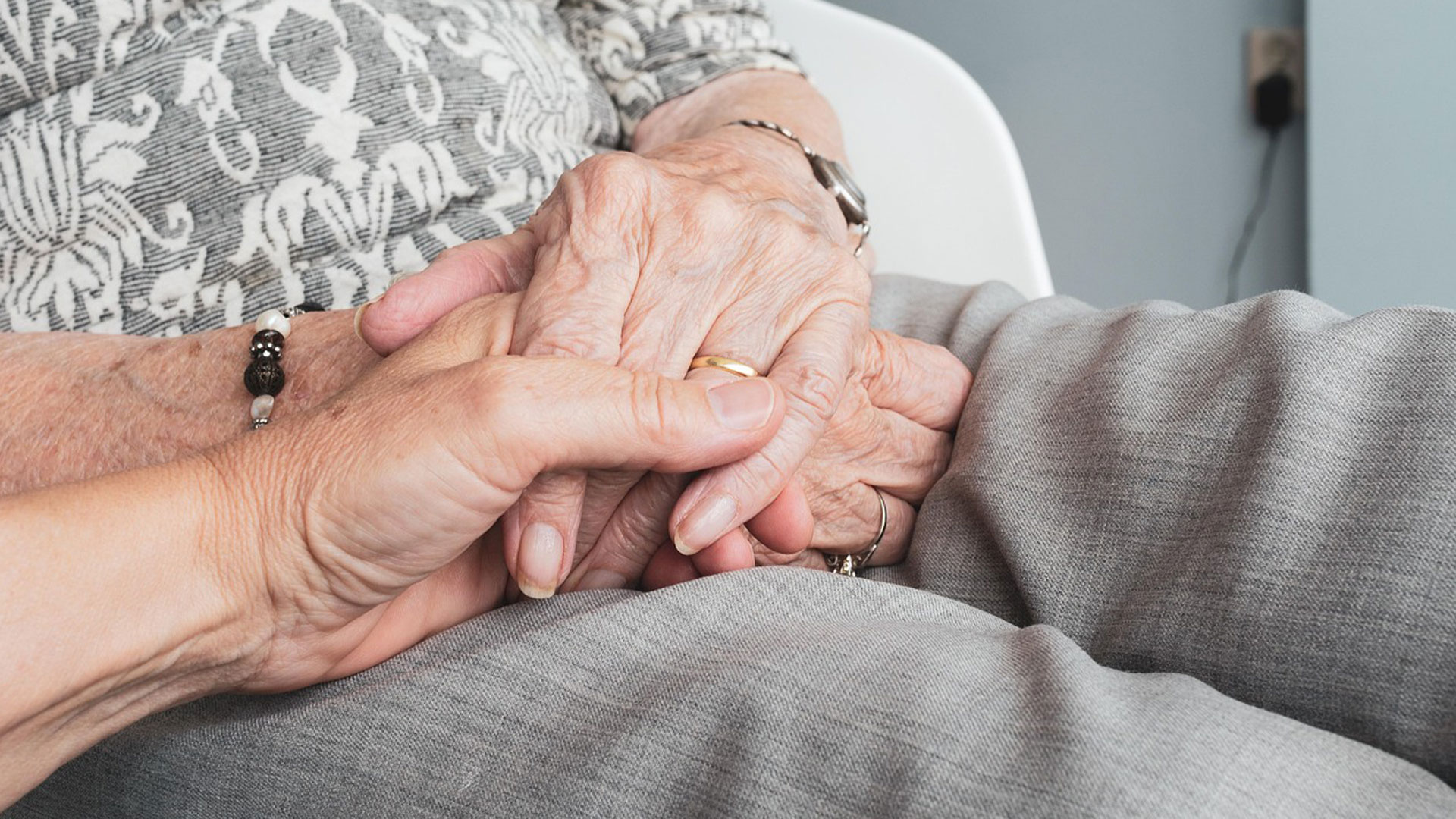Dying intestate (without a will) in the UK can be problematic because it means your assets will be divided according to what the default laws state. This might not be in the best interests of your loved ones, and not the way you would prefer them to inherit.
What Are the Disadvantages of Intestacy?
The main disadvantages of intestacy are limited beneficiaries, unintended beneficiaries, and the potential for disagreements.
- Limited Beneficiaries:
Dying intestate usually means that spouses and children are favoured. If you have a blended family or have some charities you would like to leave money to, intestacy will prevent your personal wishes being carried out.
- Unintended Beneficiaries:
With intestacy, your assets might be passed to people you wouldn’t have wanted to inherit. This could cause financial hardship for your loved ones.
- Potential for Disputes:
The last thing you want is for your relatives and friends to argue after you’re gone. Dying intestate means a much higher likelihood of this happening, as each party disputes what is owed and what your wishes MIGHT have been.
What Do The intestacy Rules Say?
The intestacy rules for England and Wales are set out in the Inheritance and Trustees’ Powers Act of 2014, which has different outcomes depending on your personal circumstances.
Your husband, wife or civil partner gets to keep all your assets and property to the value of £322,000, They will also get absolute interest – full rights – over HALF of the rest of your estate and personal possessions.
The remaining half is then divided equally between any surviving children. If one of the children has already deceased, their share will pass to their surviving children.
If you’re married but have no children, your spouse inherits everything in your estate.
If you’re NOT married but have children, they will inherit the entire estate on their 18th birthday, with the estate being equally shared amongst the children. Grandchildren will only inherit once their parent has deceased.
If you are not married and have no children, your estate will be shared as follows: your parents, full siblings, half-siblings, grandparents, uncles and aunts, nephews and nieces, half-uncles and half-aunts, then the children of the latter.
If you die unmarried and have no living relatives, all your money and assets will go to the Crown.
If you have a partner you cohabit with, and whose children you have helped raise or are close to, they won’t see any inheritance at all.
As you can see, the default intestacy rules don’t suit most families. The last thing anyone wants is to leave a legacy of financial hardship or difficult disputes after they have passed away!
Writing a will means you can support the people who depend on you financially – like your spouse, children, cohabiting partner or anyone in a blended family that you want to support. Will writing also means you can reduce the amount of Inheritance Tax that might be payable on the value of the assets and property you leave behind. When you consider all this, dying without a will is best avoided.
To learn more about how our friendly family-oriented estate planner, Jane Amos, can help you with estate administration and other related issues, call us on 01273 385833 or contact us online and we’ll ring you back.







